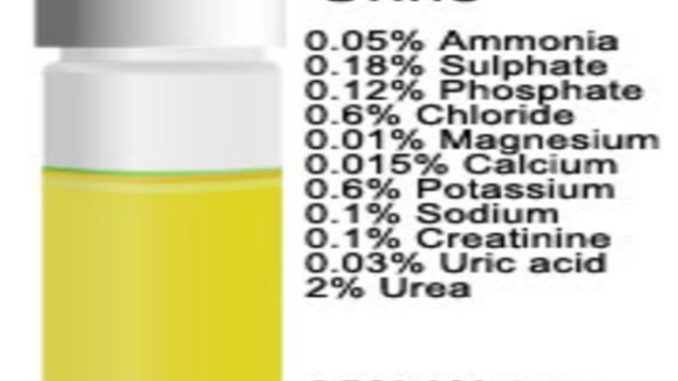
Some may hate urine for one reason or another, but in the outskirts of Malawi capital, Lilongwe, an entrepreneur is turning it into wealth. Our Correspondent LAMECK MASINA writes
LILONGWE, Malawi — Some farmers in the outskirts of Malawi capital, Lilongwe, are using human urine on their crops instead of costly imported chemical fertilizers. Guess what? The outcome of this local initiative is transformation of lives of both the farmers and city residents.
Call it innovation at its best. There is a business in the Area 25A neighborhood these days where an agribusiness entrepreneur is selling human urine for use as crop fertilizer.
Seventy-five-year-old Modesta Kamoto explains that she uses the money from her new found business to pay for household expenses including looking after some orphaned grandchildren.
According to Kamoto, she collects the urine every morning from plastic containers her family members use as urinals and sells it to “Urine for Wealth” project.
Urine has been nature’s fertilizer for millennia though that’s not a well-known fact nowadays in the age of chemical fertilizers.
Malawi entrepreneur
Malawian agriculturist Goodfellow Phiri started “Urine for Wealth” as a small family initiative nine years ago. It has grown into a thriving business. The project was one of six finalists for the HIVOS Social Innovation Award in Amsterdam in 2014.
“We buy many litres of urine and process that into fertilizer which we sell to farmers,” said Phiri.
He can buy up to 200 liters per day.
After buying the urine, Phiri cages it in airtight containers for a week. The process is aimed at killing germs, and the smell, and it makes the liquid rich in nitrogen. He sometimes adds lemongrass to help with odor but says no additives are actually needed.
Farmers say the fertilizer is cheaper and more environmentally friendly than chemicals.
Turning urine into wealth
Urine for Wealth has now erected a urine harvesting plant at the main market in Area 25A with funding from 2 environmental NGO’s. People are encouraged to relieve themselves there in special urinals.
The project also has women selling composite manure they make mixing the urine with animal waste.
Another beneficiary is Enelet Chadza, a widow who leads a group of 20 women.
She said her worries are gone and that she is able to feed her family with what she earns.
Despite their success, Phiri said challenges abound.
“The greatest challenge with this product, which is a bio-nitrate fertilizer, is that many people dislike it. They think it’s unhygienic to apply fertilizer made from human urine,” said Phiri.
Some companies are mulling over enlisting Urine for Wealth firm to produce fertiliser for their demonstration fields, a move Phiri hopes will win over more farmers to the idea of turning urine into wealth.
